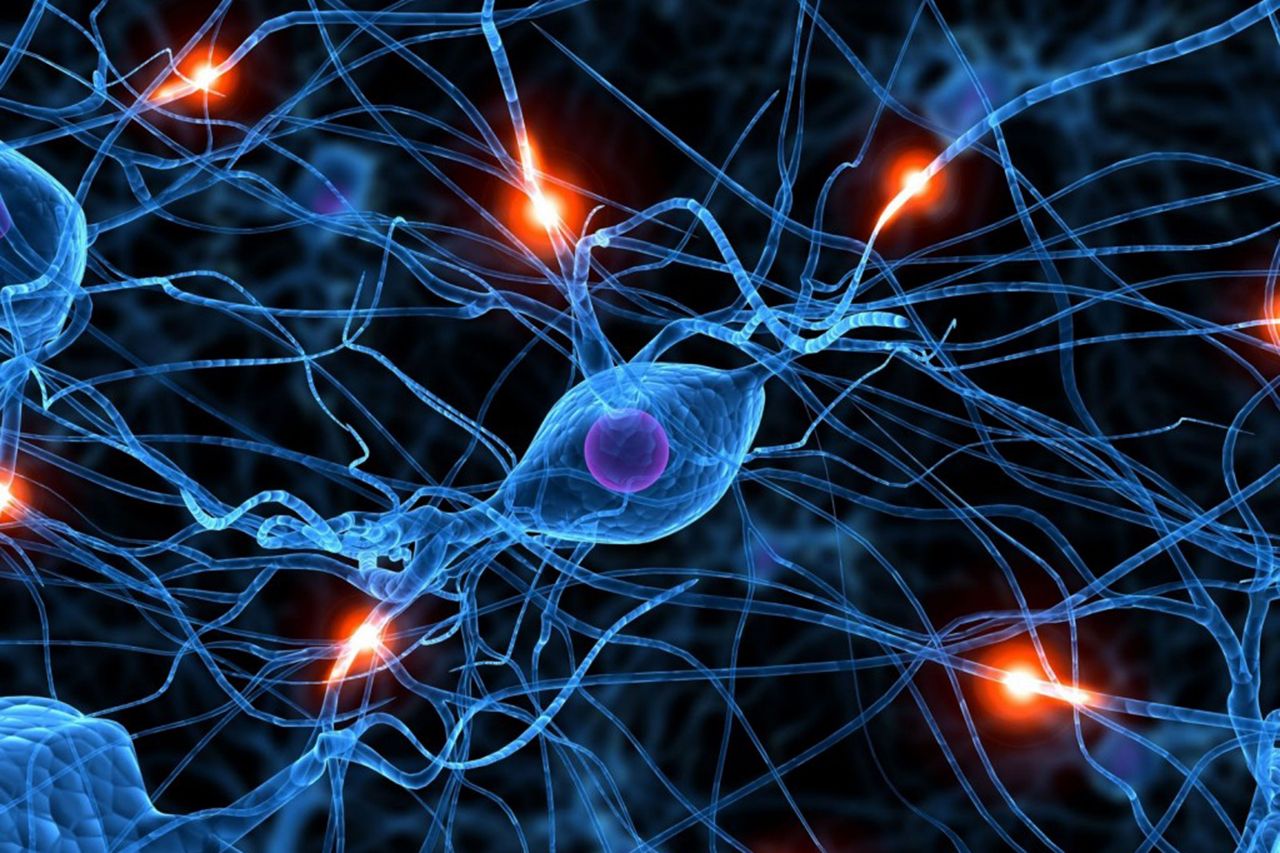Some of the biggest names in tech, including Facebook founder Mark Zuckerberg, are backing a company that aims to make machines that "think and learn like a human."
The San Francisco start-up, called Vicarious, and who already had people like Sean Parker, the co-founder of Napster, and one of the founders of Skype involved, has now, according to the Wall Street Journal, also seen Facebook's Mark Zuckerberg, Tesla's Elon Musk, Ashton Kutcher, and PayPal billionaire Peter Thiel joining the investment ranks.
The company has already created software smart enough to solve Captcha, those annoying online tests used by many websites to identify humans over computers.
READ: Super agile, Google-owned Ed-209-like robot called Schaft wins Darpa challenge
The company's website states it is developing "machine learning software based on the computational principles of the human brain," and that its "first technology is a visual perception system that interprets the contents of photographs and videos in a manner similar to humans." The company describes all this as a "Recursive Cortical Network."
Artificial Intelligence, once only confined to Sci-Fi movies, is expected to be one of the next big things in the world of consumer electronics as companies look to make digital assistants like Siri and Google Now more capable.
It's something that Scott Phoenix, the founder of the company, clearly sees as something worth capitalising on: "We tell investors that right now, human beings are doing a lot of things that computers should be able to do." He even goes as far as saying if Vicarious is successful it will have created "a computer that thinks like a person except it doesn't need to eat or sleep". Let's see what the Union's say about that.
Investors might also be keen to get in "early" knowing that Google is currently snapping up robotics companies left, right, and centre. Perhaps the thinking is that they'll need a brain for all those robots and if successful, Vicarious might be the company to power it all. After all just imagine, this combined with the walking and lifting robots Google is working on, and it's fair to say the days of weak fleshy humans are looking numbered. All hail our mecha overlords.

